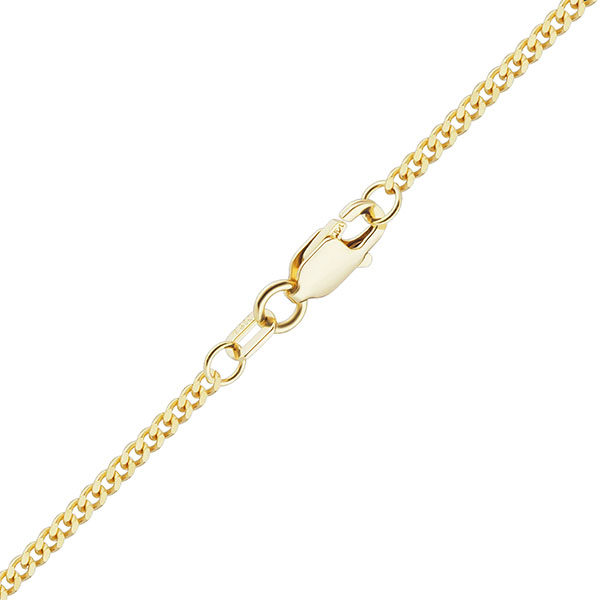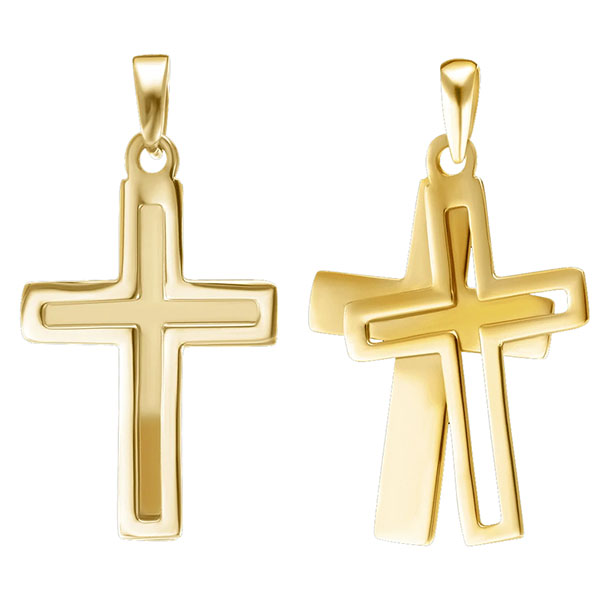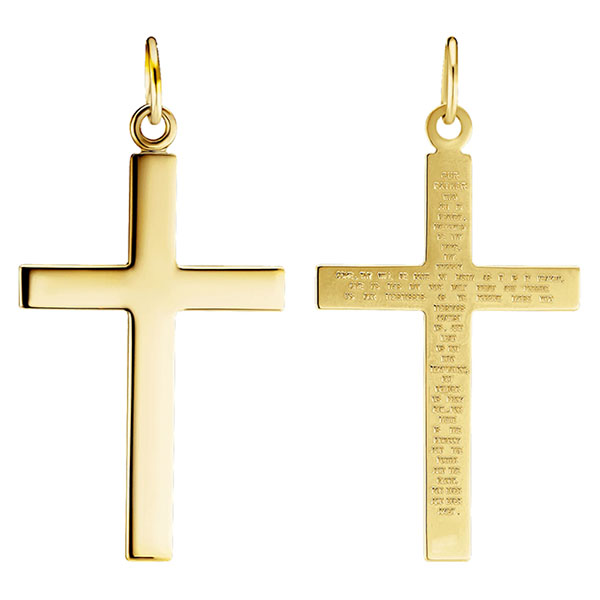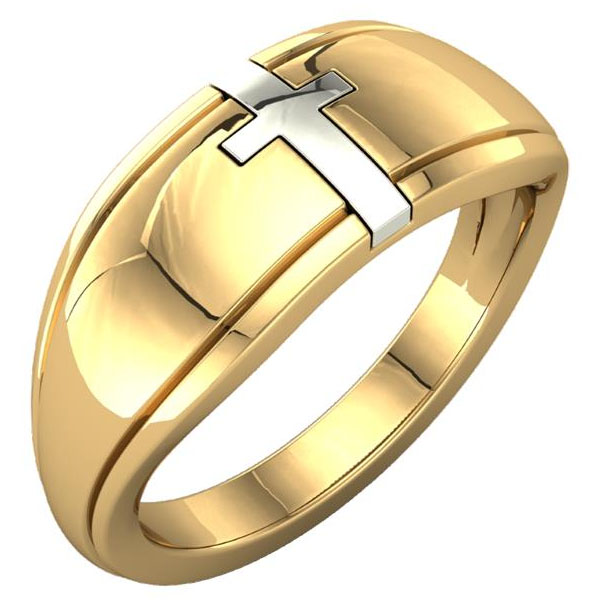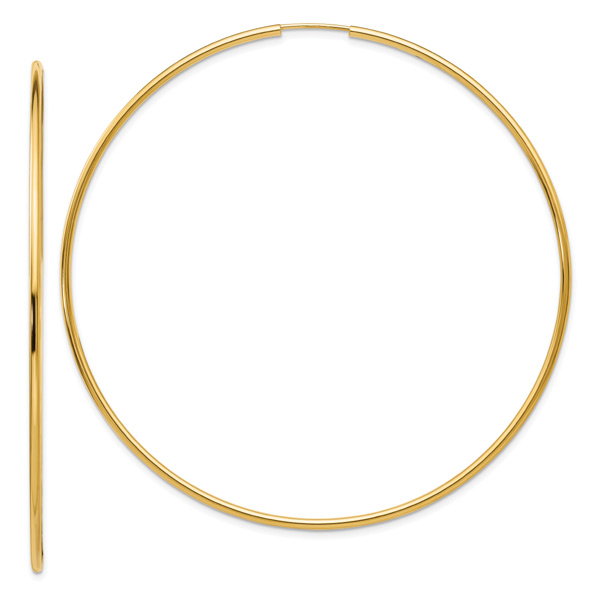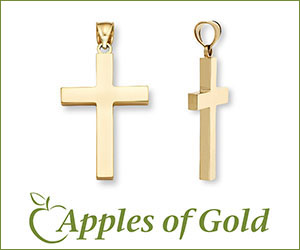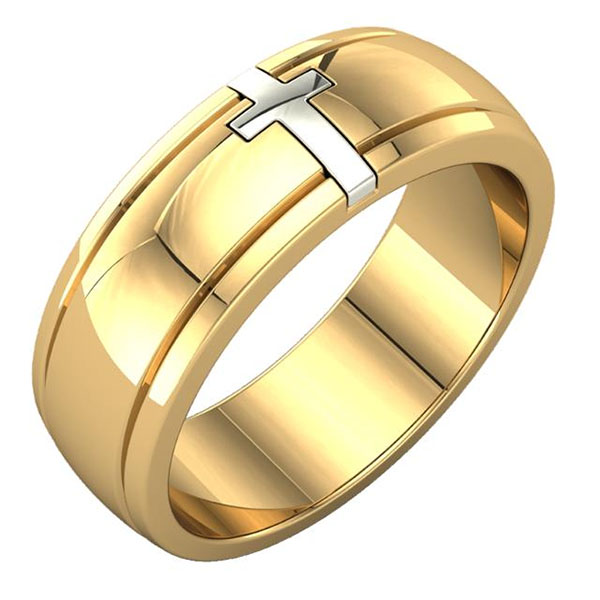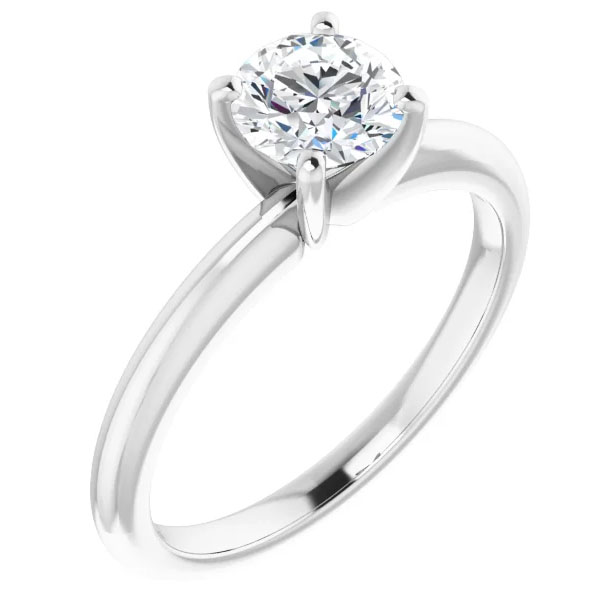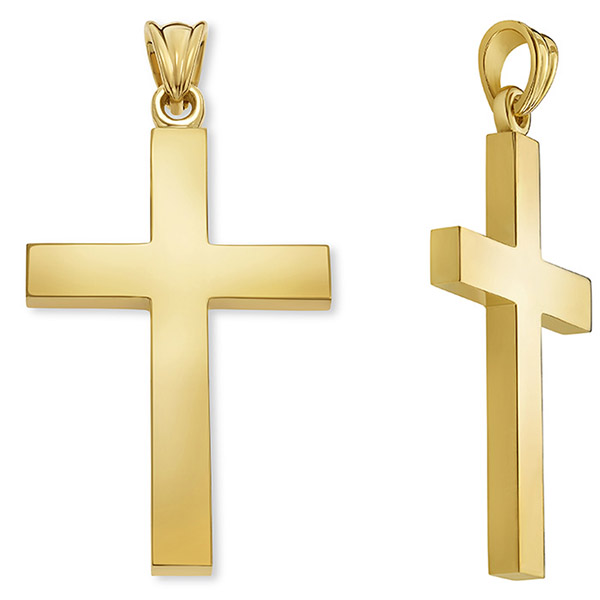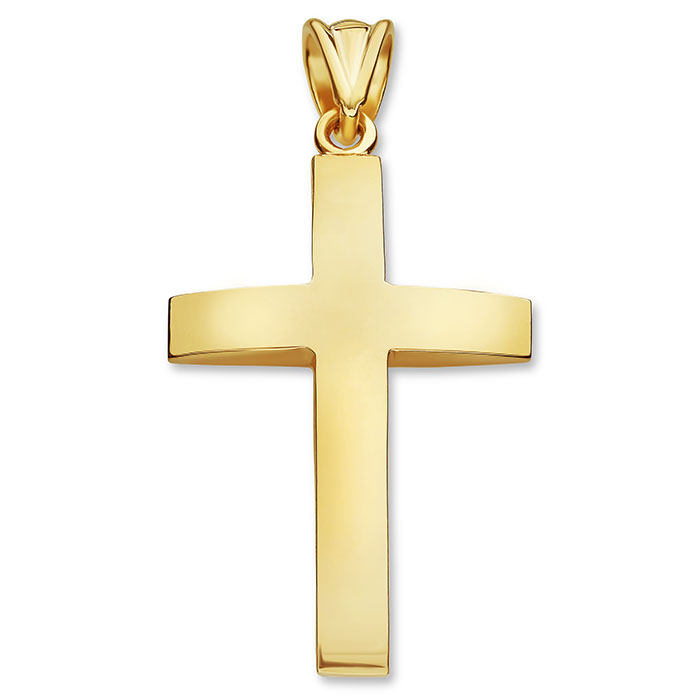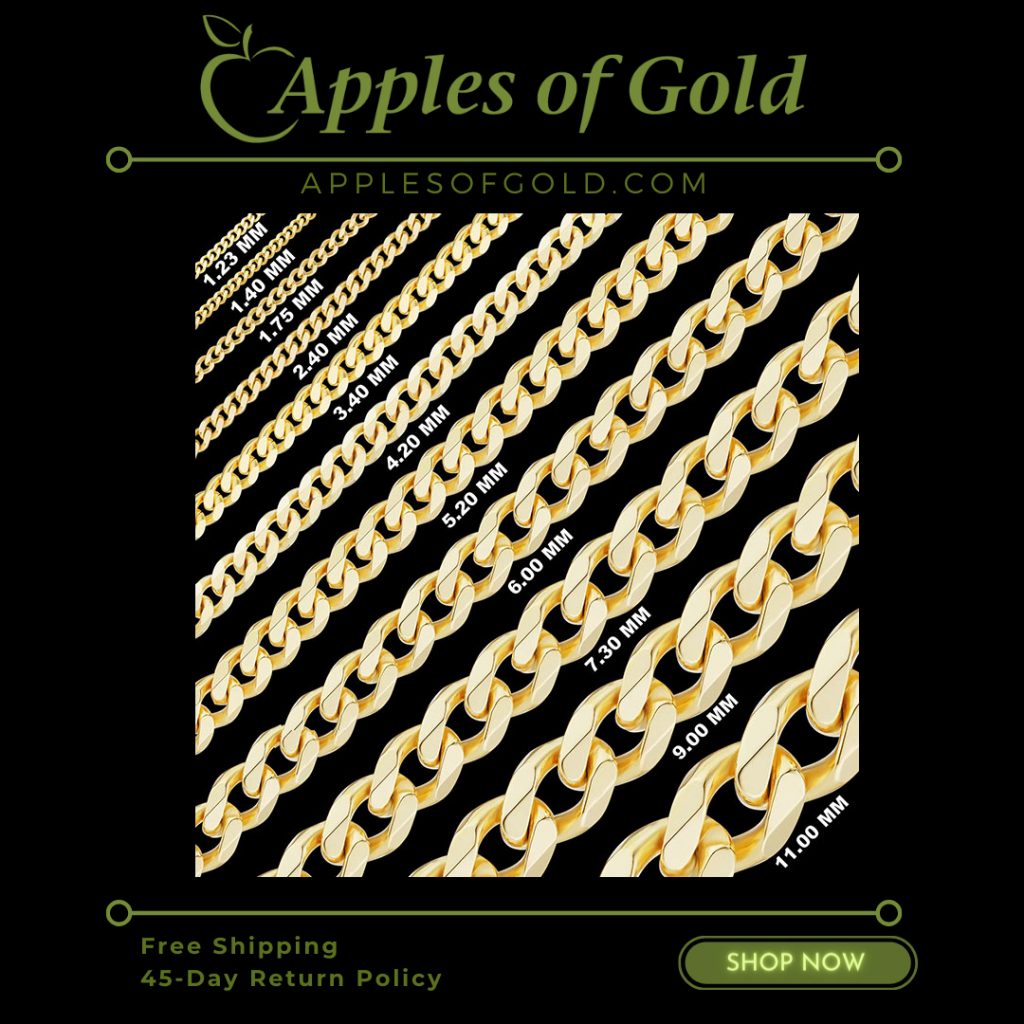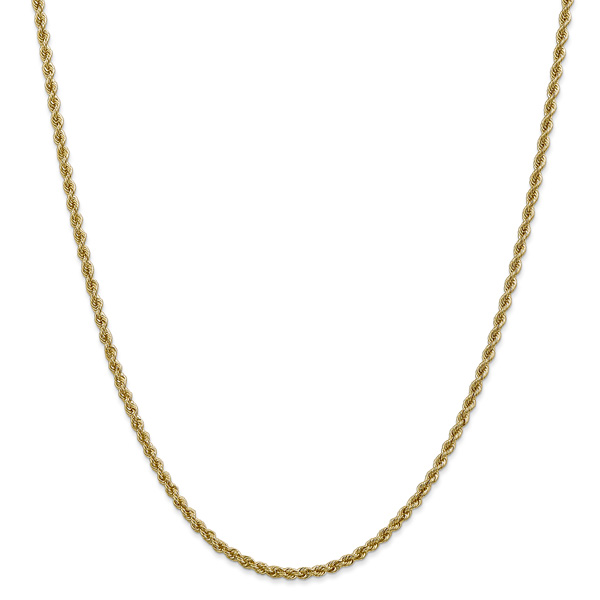How to Clean Gold Jewelry at Home
While gold jewelry has been a popular choice for many people out there, a common question that people ask is, “how to clean gold jewelry?” This blog post will help you explore methods of cleaning gold jewelry in the comfort of your own home.
DIY Gold Jewelry Cleaning
Gold does not tarnish, like silver jewelry. However, the cleaning frequency often relies upon how often it is worn and what you do while wearing your jewelry. You can clean your gold jewelry at home following these simple steps:
- Create a cleaning solution by mixing a small amount of mild dish soap in warm water (also see our homemade jewelry cleaner solution)
- Brush your jewelry gently with a soft toothbrush.
- Rinse in a bowl of lukewarm to hot water.
- Towel dry with a soft cloth, such as a microfiber cloth or air dry using a hairdryer.
Cleaning Gold Jewelry with Gemstones
If your gold jewelry has colored gemstones, then it is best to get it cleaned professionally by your jeweler. Do not soak natural pearls, emerald, opals, or coral in ammonia or even dishwashing liquid. Emeralds, opals, and pearls are delicate, and soaking can lead to permanent damage. Additionally, gemstones should not be exposed to heat. A jeweler can recommend the safest method to clean gold jewelry with colored gemstones.
Things To Remember When Cleaning Gold Jewelry
It is essential to note that gold is a soft metal. Therefore, brushing and drying should be done with care. Additionally, you should avoid any soap that has unknown components. For example, essential blue Dawn dish soap is suitable for cleaning gold jewelry as well as most natural, organic soaps.
Moreover, while gold jewelry can handle extreme heat and hot water is beneficial in removing dirt, soiled and sweat lodged on the surface or in fine crevices of your jewelry, you should make sure that the water isn’t too hot if stones are involved.
Beware of Your Sink!
You may have seen this happen in the movie and the prospect is frightening! If you’re rinsing your jewelry in a sink, there is a possibility of it slipping. Plug or block the drain so it doesn’t fall out of your hands. Alternatively, use a fine food strainer or a metal coffee filter to rinse your jewelry. This way you can have a safe, hands-free way of rinsing and cleaning your jewelry and this is what professional jewelers also use in their ultrasonic jewelry cleaners. Additionally, certain materials often used in jewelry can be damaged by ammonia. When cleaning gold jewelry with platinum or pearls, avoid using ammonia in your gold jewelry cleaning mixture (ammonia is optional and best in solid gold jewelry only without stones). Lastly, we don’t recommend this on plated gold jewelry or costume jewelry. Make sure it’s the real thing, whether 10k, 14k or 18k solid gold.
Professional Jewelry Cleaning
For deeper cleaning, we recommend taking your jewelry to your local jewelry repair for cleaning, professional polishing and refinishing when necessary. A jeweler clean in an ultrasonic machine with a cleaning solution made specifically for your jewelry, check and tighten the settings on your rings with stones, polish out deeper scratches, and even rhodium plate white gold when necessary. They can make your jewelry look brand new, as thought you just purchased it again! The fee can be worth it if you have a qualified jeweler.
Final tip: consider a simple jewelry cleaning cloth that you can use from time to time to polish and clean the surface of your gold jewelry. Just be careful not to overuse your jewelry cloth, because every time you use a polishing cloth, you are actually removing a very fine layer of gold to remove surface scratches. While this is not an issue normally, we just don’t recommend overdoing it and only using it when necessary.



